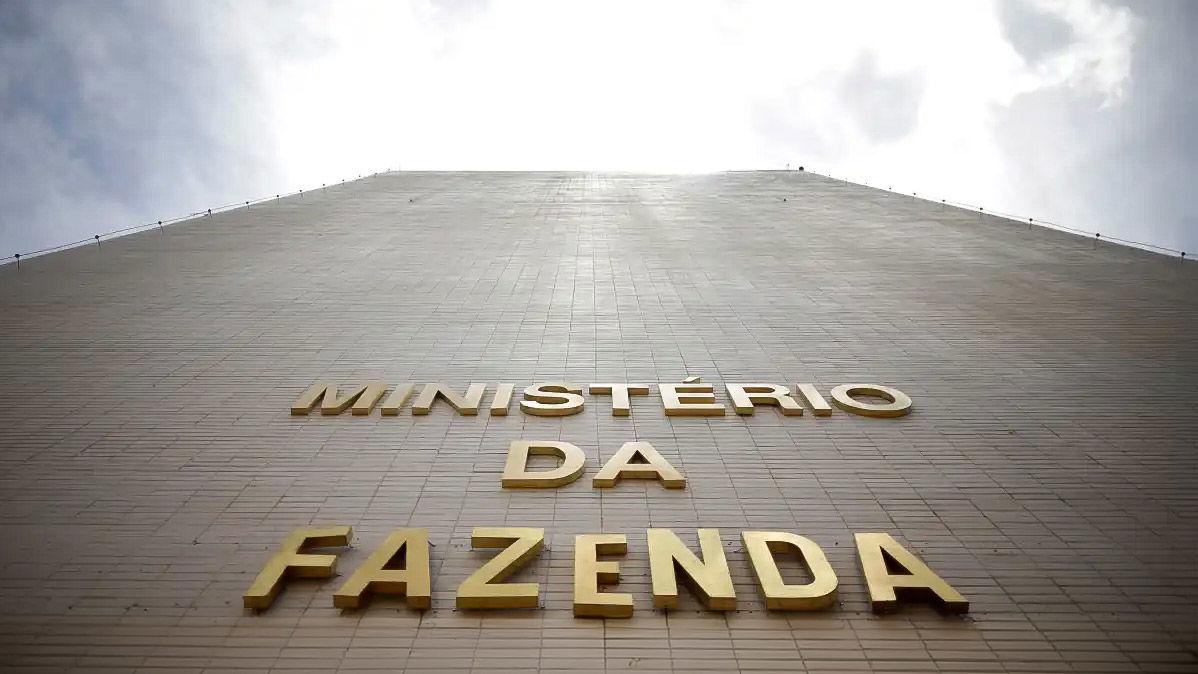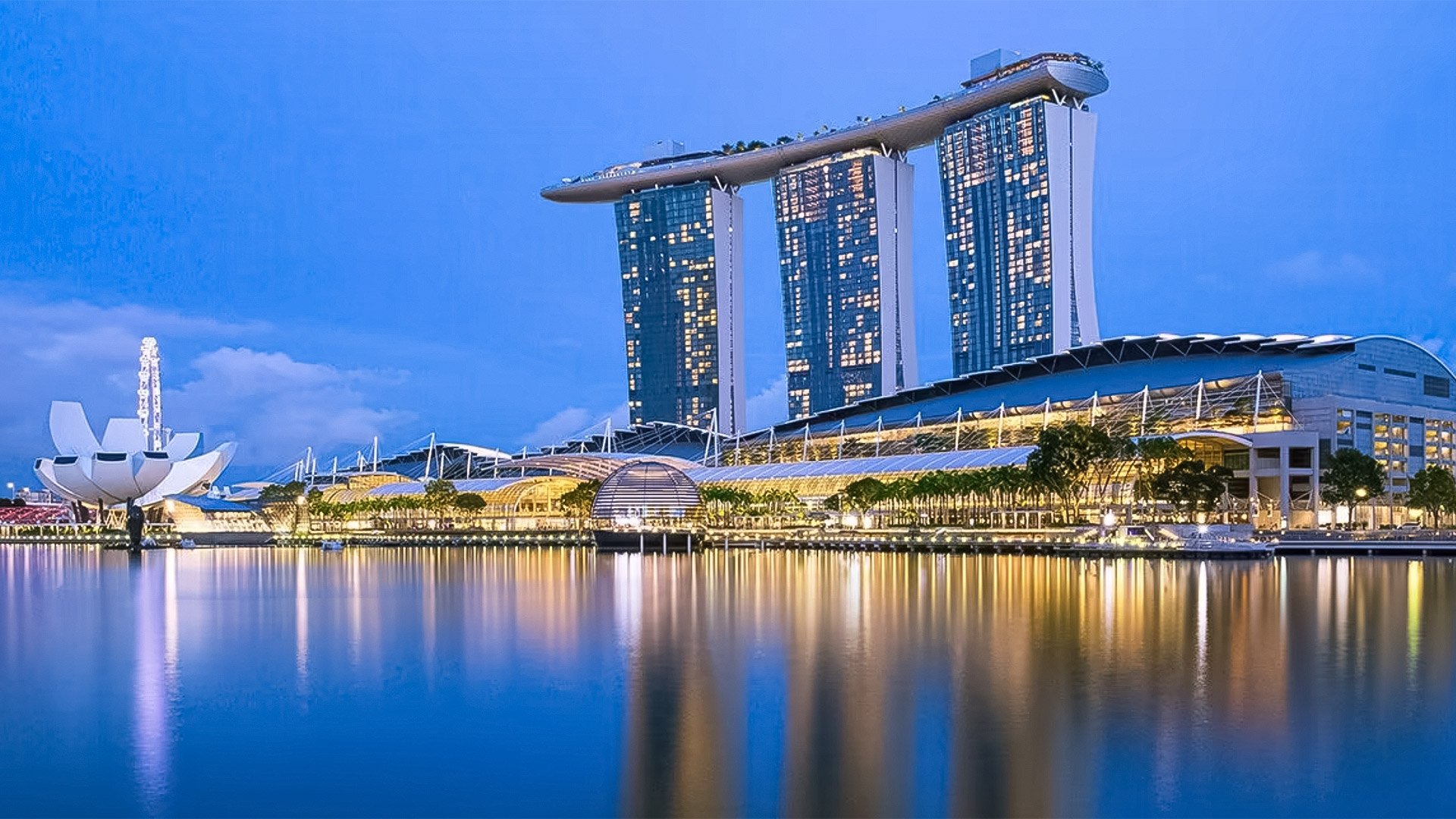Brazil collects $699 billion in online betting taxes in first half of 2025, exceeding analysts' predictions

Brazil’s Ministry of Finance has reported that taxation from fixed-odds online betting brought in BR3.87 billion ($699 million) between January and June 2025, surpassing initial expectations for the regulated market. Data from the Receita Federal shows June as the highest-grossing month to date, contributing BR780 million ($140 million) to the total.
The figures indicate a rapid expansion of the country’s online betting sector since the regulatory framework began to take shape. Analysts had originally projected annual revenues between BR8 billion ($1.44 billion) and BR12 billion ($2.15 billion), with a slower start expected during the early implementation phase.
“The regulation creates new opportunities to attract the interest of international operators, consolidating Brazil as one of the most relevant markets in the world,” said Leonardo Bessa, consultant for the Federal Council of the Brazilian Bar Association.
Despite the strong results, Finance Minister Fernando Haddad has voiced concern about the industry’s impact and reiterated that he would favor stricter controls. “Society should not be seduced,” Haddad stated, adding that betting activities should face tougher rules and a more demanding tax regime.
The tax data comes at a time when debates over the future structure of gambling regulation are intensifying. Udo Seckelmann, head of gambling and crypto at Brazilian law firm Bichara e Motta Advogados, argues that the results so far show the benefits of a regulated system.
“While the market is still in its initial phase of consolidation, the data already demonstrates that regulation is a more effective path than prohibition or informality, both from an economic and public policy perspective,” he told iGB.
Revenue is expected to grow further as operators complete licensing procedures and adapt to new regulations. However, the sector cautions that excessive restrictions could damage growth, particularly for smaller companies, and push consumers toward the unregulated black market, ultimately reducing tax revenue.
In late May, the Senate approved new advertising restrictions, and a provisional measure raised the tax rate on operators’ gross gaming revenue to 18%. These steps have sparked concerns within the industry over the sector’s long-term viability.
The current tax figures only account for online betting, as legislation to legalize land-based casinos remains pending. A vote on bill PL 2234/2022 was postponed earlier this month due to low attendance in the Senate. Supporters of the legislation argue that approval could generate up to BR20 billion ($3.59 billion) annually and provide a significant boost to tourism.
















